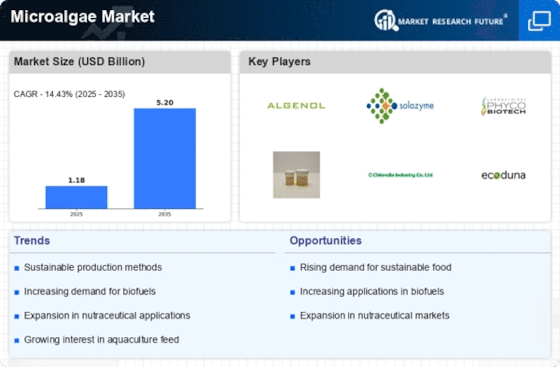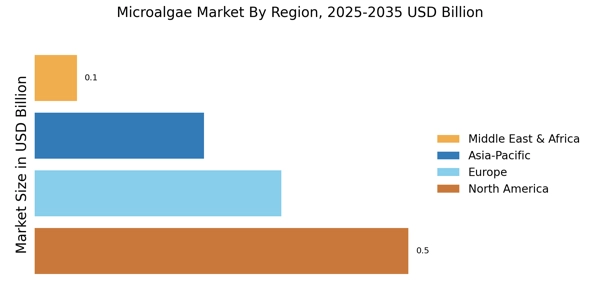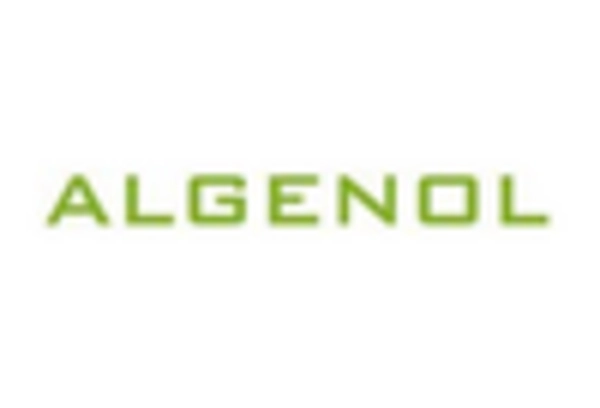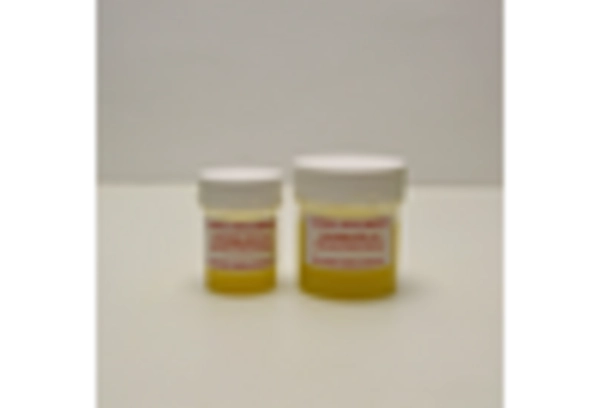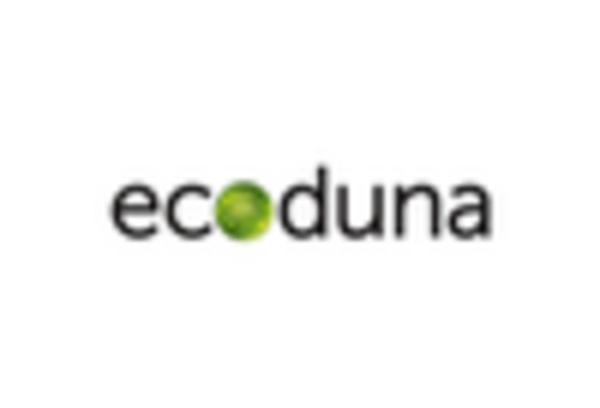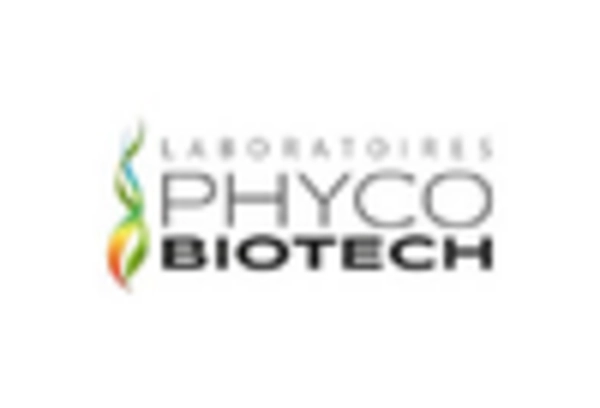Health Benefits and Nutritional Value
The Microalgae Market is witnessing a growing recognition of the health benefits associated with microalgae consumption. Rich in essential nutrients, including omega-3 fatty acids, vitamins, and antioxidants, microalgae are increasingly incorporated into dietary supplements and functional foods. The Microalgae Market is expected to reach USD 230 billion by 2027, with microalgae products playing a pivotal role in this growth. As health-conscious consumers seek natural sources of nutrition, the demand for microalgae-based products is likely to rise. This trend suggests that companies focusing on the health benefits of microalgae may find lucrative opportunities within the Microalgae Market, catering to a diverse range of health-oriented consumers.
Rising Demand for Sustainable Products
The Microalgae Market is experiencing a notable surge in demand for sustainable products. As consumers become increasingly aware of environmental issues, there is a growing preference for eco-friendly alternatives. Microalgae Market, known for their ability to sequester carbon dioxide and produce oxygen, are viewed as a sustainable source of protein and biofuels. The market for microalgae-based products is projected to reach USD 1.5 billion by 2027, driven by this shift towards sustainability. Companies are investing in research and development to enhance the efficiency of microalgae cultivation, which could further bolster market growth. This trend indicates a significant opportunity for businesses within the Microalgae Market to align their offerings with consumer values, potentially leading to increased market share.
Technological Innovations in Cultivation
Technological advancements are significantly influencing the Microalgae Market, particularly in cultivation techniques. Innovations such as photobioreactors and advanced nutrient delivery systems are enhancing the efficiency and yield of microalgae production. These technologies not only reduce production costs but also improve the quality of the final products. The market for microalgae cultivation technology is projected to grow at a CAGR of 12% through 2027, indicating a robust interest in optimizing production processes. As companies adopt these technologies, they may gain a competitive edge in the Microalgae Market, positioning themselves as leaders in sustainable and efficient production methods.
Increasing Applications in Food and Beverage
The Microalgae Market is expanding due to the increasing applications of microalgae in the food and beverage sector. With a rising trend towards plant-based diets, microalgae are being utilized as natural colorants, flavor enhancers, and nutritional supplements in various food products. The plant-based food market is projected to reach USD 74 billion by 2027, with microalgae playing a crucial role in this transformation. This diversification of applications suggests that companies within the Microalgae Market can explore new product development opportunities, catering to the evolving preferences of consumers seeking healthier and more sustainable food options.
Regulatory Support for Sustainable Practices
The Microalgae Market is benefiting from increasing regulatory support aimed at promoting sustainable practices. Governments are implementing policies that encourage the use of renewable resources and environmentally friendly production methods. This regulatory environment is fostering innovation and investment in the microalgae sector, as companies seek to comply with sustainability standards. The potential for government incentives and funding for research in microalgae applications could further stimulate market growth. As regulations continue to evolve, businesses in the Microalgae Market may find themselves well-positioned to capitalize on these supportive measures, enhancing their market presence and sustainability credentials.


